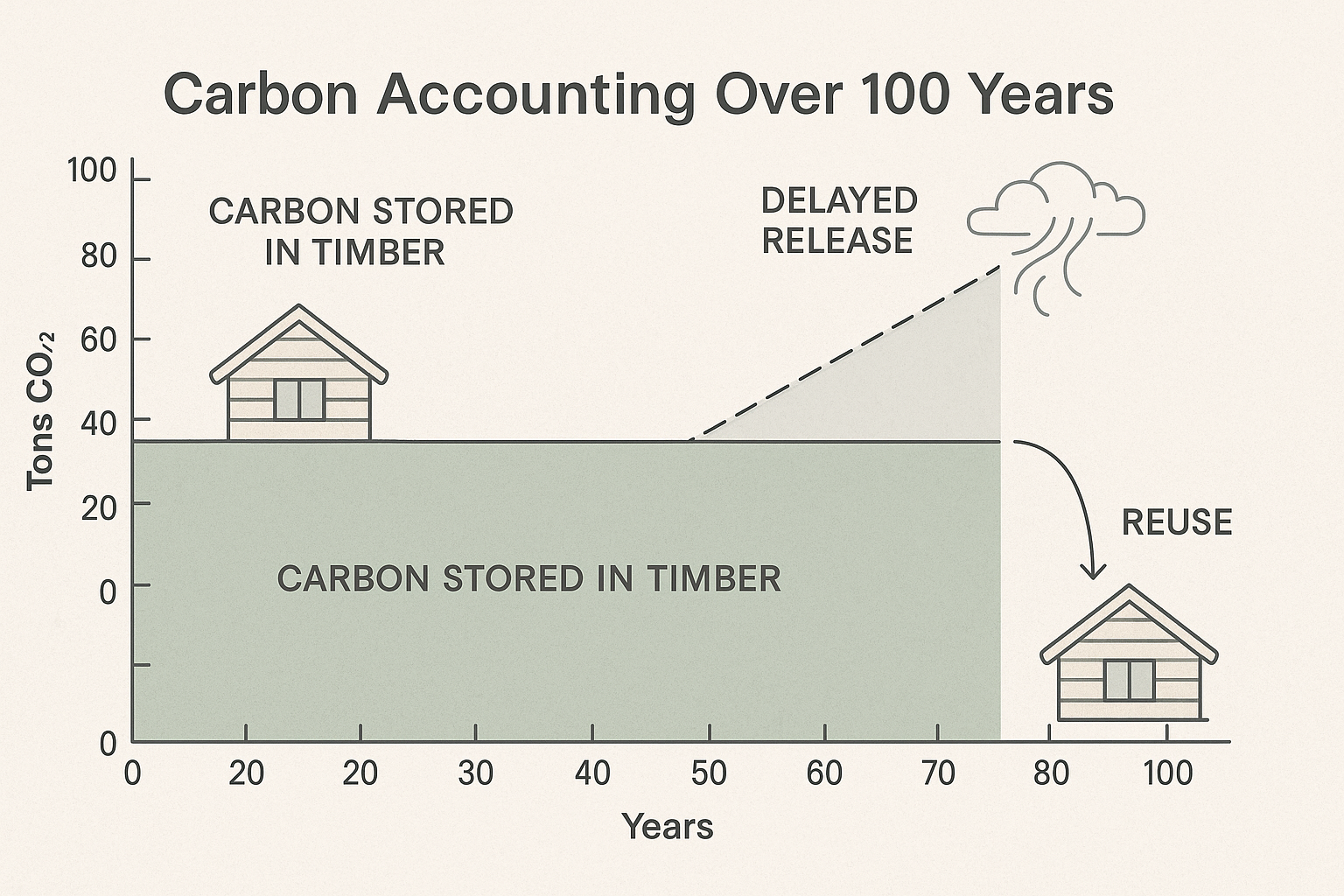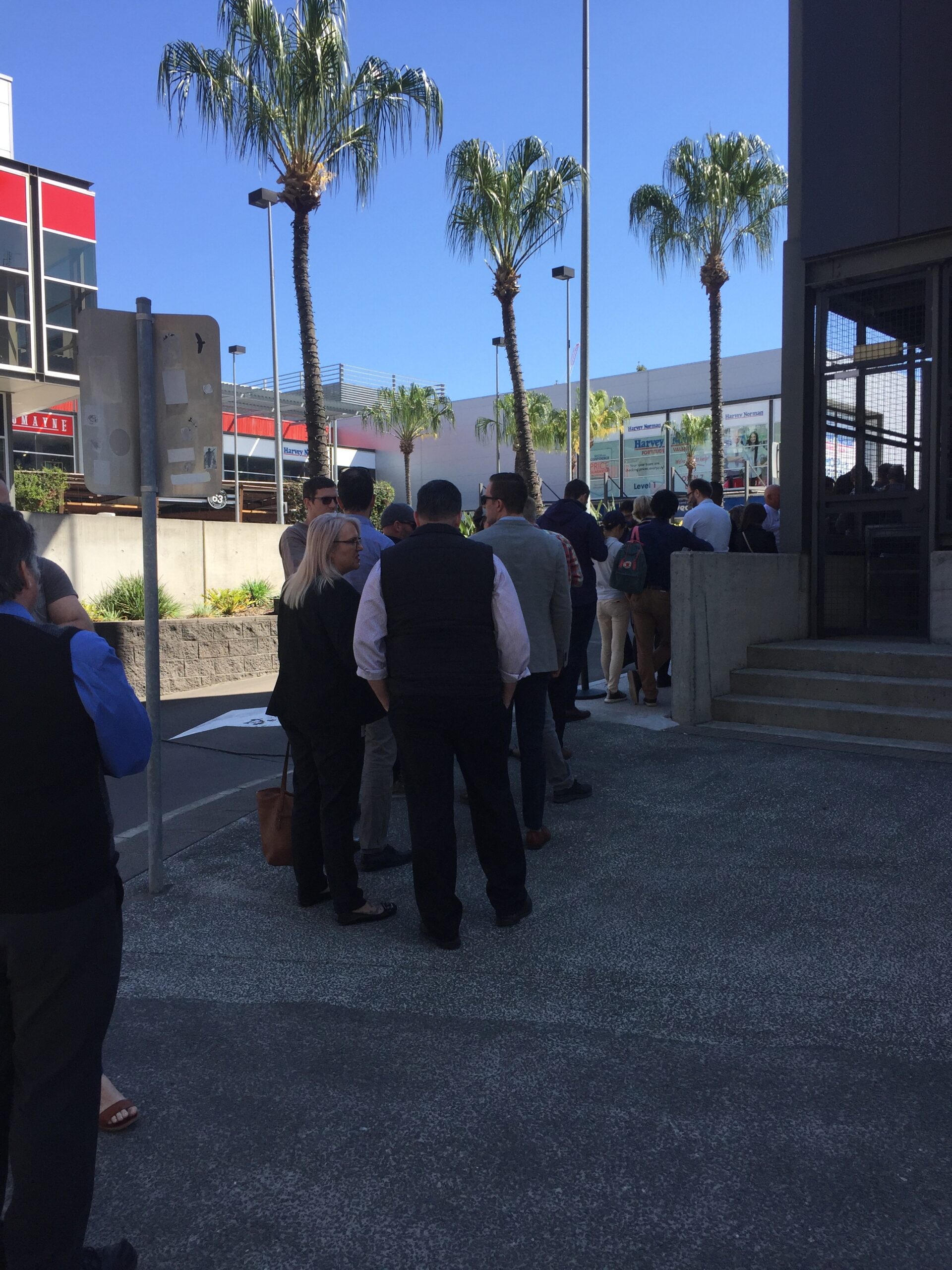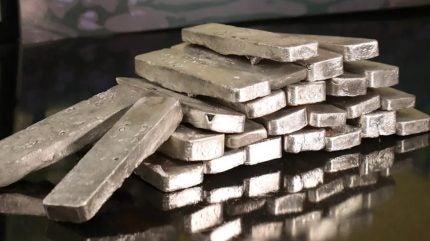Support CleanTechnica’s work through a Substack subscription or on Stripe.
A lot of news comes into the CleanTechnica communications center in the third sub-basement of our global headquarters, where the teletype machines clatter night and day to keep up with the latest developments in the world of clean energy, electric vehicles, and anything else that involves the quest to keep humans from turning the Earth into a cauldron of death for our species.
A few days ago, Zachary Shahan shared an email with me that announced a professional investment advisory group was recommending that Tesla shareholders reject the latest proposal by the Tesla board that would reward Elon Musk with emollients valued at nearly one trillion dollars if he achieved certain milestones in the years to come.
At the time, I told Zachary I wasn’t all that interested in doing the story, as institutional investors in the past had advised against munificent pay packages for the often erratic Elon and had been soundly overruled by shareholders. There seemed little reason to believe they would not do so again.
But there has been one twist in the story since the email was received. In the wee hours of the morning on Sunday, October 19, 2025, Musk posted on his personal antisocial media platform, “Tesla is worth more than all other automotive companies combined. Which of those CEOs would you like to run Tesla? It won’t be me.”
It doesn’t take a brain surgeon to figure out that Musk has just put everyone on notice that unless he gets his way, he is going to take his ball and go home. I leave it up to readers to decide if this is a wise business move or a temper tantrum by a petulant man-child. Clearly, Musk should have one of those bumper stickers on the back of his personal automobile that says, “Does Not Play Well With Others.”
ISS Opposes Musk Pay Plan
It all began on October 17, when CNBC reported that Institutional Shareholder Services was recommending that Tesla investors vote against the Giga Pay Package for Musk, saying it “has an astronomical grant value conditioned upon far-reaching performance targets that, if achieved, would create enormous value for shareholders.” It said that while some shareholders may support the pay plan, “there are unmitigated concerns surrounding the special award’s magnitude and design.”
In an antisocial media post, Tesla accused ISS of missing “fundamental points of investing and governance,” and complained that the advisors had previously “recommended against compensation that shareholders have voted on twice before (and that Elon has already earned), as well as the 2025 CEO Performance Award.”
After the ISS announcement, a second professional investor advisory service also urged shareholders to reject the deal. According to Business Insider, Glass Lewis & Co. told clients the award “warrants significant shareholder concern.” That was more than a press release. The Glass Lewis statement was 90 pages long and called the proposed pay package “excessively dilutive.” It estimated that, if fully exercised, it could cut existing shareholders’ ownership by about 11.3 percent.
Glass Lewis valued the deal at $141.6 billion — far more than Tesla’s own $87.8 billion estimate — and said Musk could reap “billions in compensation and a materially increased ownership stake” even if he hits just one of the 12 performance tranches. “The potential upfront and future dilutive impacts to shareholders, as well as extraordinary pay levels without commensurately exceptional performance through the achievement of even just a few tranches, warrant significant concern,” Glass Lewis wrote.
The report also raised red flags about Tesla’s board independence and oversight of Musk’s pay, saying Musk’s compensation is being reviewed by a board that has long faced questions about its closeness to the CEO, citing directors with personal or professional ties to him that date back years. The firm said that dynamic was central to a Delaware court ruling earlier this year that struck down Musk’s 2018 pay package, finding that those relationships compromised the approval process. Those concerns remain relevant, Glass Lewis added.
It questioned whether the proposed pay package went far enough to ensure Musk’s focus remains on Tesla, given his slate of other ventures, including SpaceX, xAI, X, and Neuralink. “The size of the award could result in the scenario where Mr. E. Musk receives billions in compensation and a materially increased ownership stake,” the firm said, “even if only a single tranche is earned.”
Glass Lewis warned the early milestones “do not appear as Herculean as the size of the proposed tranches would suggest,” implying Musk could unlock massive value without delivering the kind of outlier performance the package purports to demand.
Tesla Calls Warnings “Misguided”
Tesla pushed back vigorously on Musk’s personal antisocial media channel on October 20, saying both ISS and Glass Lewis were “misguided,” and noting they have “recommended against Tesla’s proposals time and time again since the 2018 CEO Performance Award was introduced. It’s a good thing our shareholders ignored those recommendations, otherwise they may have missed out on our market capitalization soaring by 20x from March 2018 to August 2025.”
The company accused the advisors of using “one-size-fits-all checklists” that “undermine shareholders’ interests,” and added their recommendations “attempt to override the mandate our shareholders delivered to Elon and ignore the staggering financial results delivered under Elon’s leadership.”
Over the weekend, Cathie Wood, whose ARK Investments was an early investor in Tesla, defended Musk and the Tesla board, saying ISS and Glass Lewis were the ones with the problem. According to Fortune, on Sunday, Wood also took to antisocial media to say it was “sad if not damning” that proxy advisory firm have so much influence. She was especially critical of the relationship between proxy firms and index funds, claiming they have an outsized influence over voting because of the large number of shares they control for their investors.
“Index funds do no fundamental research, yet dominate institutional voting. Index-based investing is a form of socialism. Our investment system is broken,” she thundered. Fortune pushed back on her assertions, saying that their parent companies absolutely do their due diligence.
“The three largest index funds in the world are managed by Vanguard, State Street, and BlackRock, and all three do extensive research for proxy voting decisions and have their own proxy voting guidelines that they publish. Also, those three funds hold over $2 trillion tracking the S&P 500 index and represent the vast majority of retail traders invested in the stock market. While index funds don’t do research to pick stocks, they utilize their research base for voting decisions.”
In another series of posts, Wood claimed ISS and Glass Lewis don’t see the potential in Tesla that ARK Invest does and seemingly suggested index funds should be stripped of their voting power. “I believe that history will decide that Glass Lewis and ISS have been menaces to innovation, enabling passive investors who care about ‘tracking errors’ to their indexes but do not care about much else,” Wood wrote.
Russell Rhoads, an associate professor of financial management at Indiana University, told Fortune that while investors in an active fund know its management may push for changes to a company if it is struggling, the same isn’t true for passive investors who put their money into index funds. “In general, if I put money into a fund, that’s supposed to mirror the index, that is a passive investment,” he said. “I’m just investing in the market and not trying to influence anything, what any other companies are doing business wise.”
Power & Control
InsideEVs contributor Rob Stumpf put things quite succinctly when he said, “Translated from Muskspeak, it roughly means that he doesn’t want to be told what to do, or what to say, and wants to have enough voting power to ensure that remains unchallenged. Meanwhile, investors are in a lose-lose situation. Either approve Musk’s trillion-dollar golden leash or risk his efforts being applied elsewhere. And when so much of Tesla’s valuation is perceived to be tied to the CEO, the latter could be catastrophic to the company’s value.”
The Tesla annual meeting is scheduled to take place on November 5, 2025. If past history is any guide, the pay package for Musk will be endorsed enthusiastically by the majority of Tesla shareholders and Musk will be ebullient, proclaiming wondrous things ahead for the company.
We at CleanTechnica have grown weary of Musk’s antics, charades, political stunts, and spittle infused tantrums. This colossal pay package seems outrageous to us, coming from a captive board that are really little more than co-conspirators in Musk’s ongoing Ponzi scheme. Perhaps we are just jealous because no one is offering us a trillion dollars to fight for truth, justice, and the EV revolution.
Put it down to sour grapes, if you will, but we think this pay package is wrong-headed and akin to pouring gasoline on the bonfire that is Musk’s ego. While having personal robots in our homes making the bed and doing the laundry is all very appealing, we question whether selling 27 variations of the Model Y is truly the work of a genius or simply the result of putting someone who knows next to nothing about the car business in charge of an automobile manufacturing company.
Grab your popcorn on November 5. The Tesla annual meeting promises to be quite a show.
Sign up for CleanTechnica’s Weekly Substack for Zach and Scott’s in-depth analyses and high level summaries, sign up for our daily newsletter, and follow us on Google News!
Have a tip for CleanTechnica? Want to advertise? Want to suggest a guest for our CleanTech Talk podcast? Contact us here.
Sign up for our daily newsletter for 15 new cleantech stories a day. Or sign up for our weekly one on top stories of the week if daily is too frequent.
CleanTechnica uses affiliate links. See our policy here.
CleanTechnica’s Comment Policy




